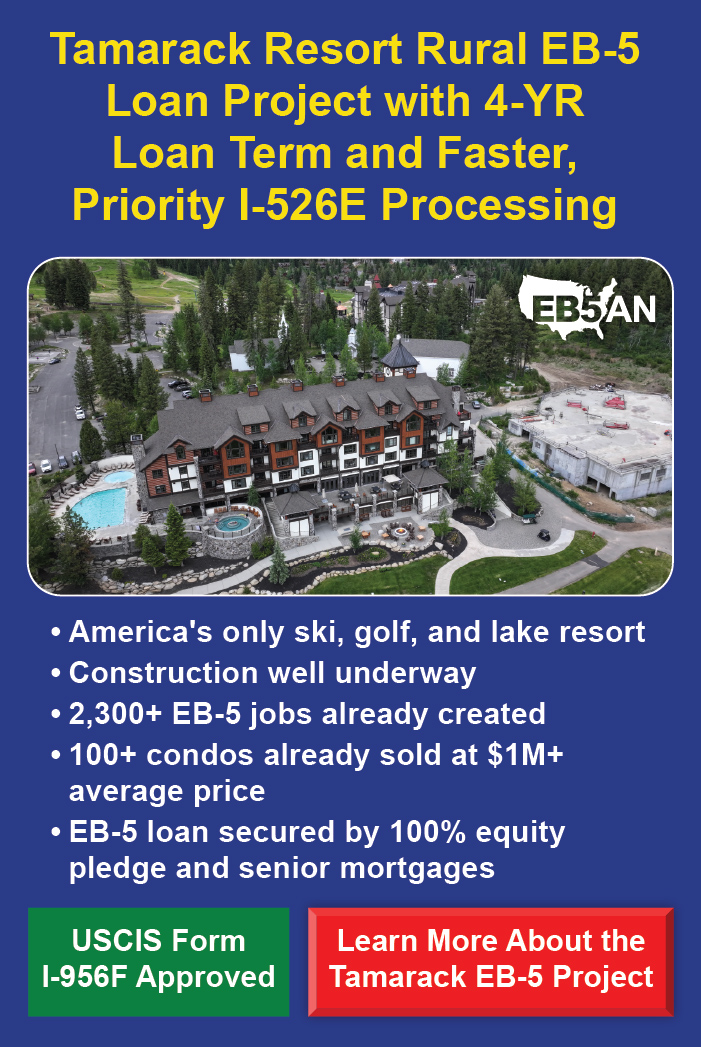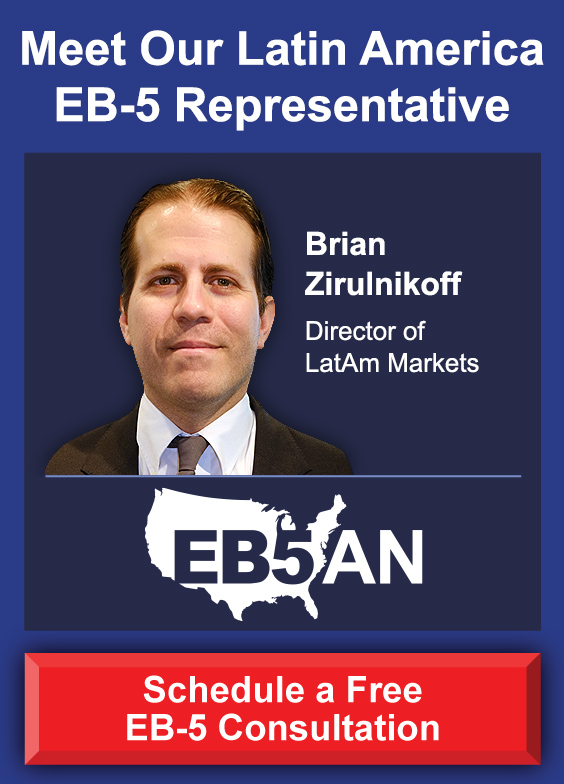The way an EB-5 investment is made depends on whether the project in question is direct or sponsored by a regional center. The project’s structure will also have a bearing on how the investment is made. Most EB-5 investments are made in regional center-sponsored projects. In the regional center model, investors usually transfer their EB-5 capital into an escrow account that is authorized to release the funds into the investment vehicle. Foreign nationals interested in the EB-5 program should be aware of the many important differences between direct and regional center investments.
In direct EB-5 projects, the investment is made into the new commercial enterprise (NCE) without the intermediacy of a regional center. The NCE and the job-creating entity (JCE) in a direct EB-5 project must be the same, so the NCE will be responsible for creating the required employment. If the NCE has a wholly owned subsidiary, EB-5 capital can be invested into that subsidiary, which would then become responsible for employment generation.
Perhaps the most important reason why direct EB-5 projects are less popular is their strict job creation requirements. Direct EB-5 investors are only allowed to count direct employment—that is, jobs that have been created by the NCE itself and appear on its payroll. Therefore, it is often more difficult for direct EB-5 projects to generate at least 10 jobs per EB-5 investor. Moreover, direct EB-5 investors are often expected to be involved in the project’s day-to-day operations.
In regional center-sponsored projects, investors buy equity stakes in the regional center’s investment fund. Then, this fund is used to either buy equity in the JCE or loan money to it. The NCE and the JCE will typically be separate.
Regional center projects employ a much freer job calculation method—they are allowed to count indirect and induced jobs. This kind of employment is a result of the expenditures made by the project and its employees, which strengthen the local community and thus indirectly stimulate job growth. Regional center investors can subscribe as limited partners and may thus be exempt from participating in daily operations.
Before making an EB-5 investment, foreign nationals should retain experienced immigration and securities counsel.











